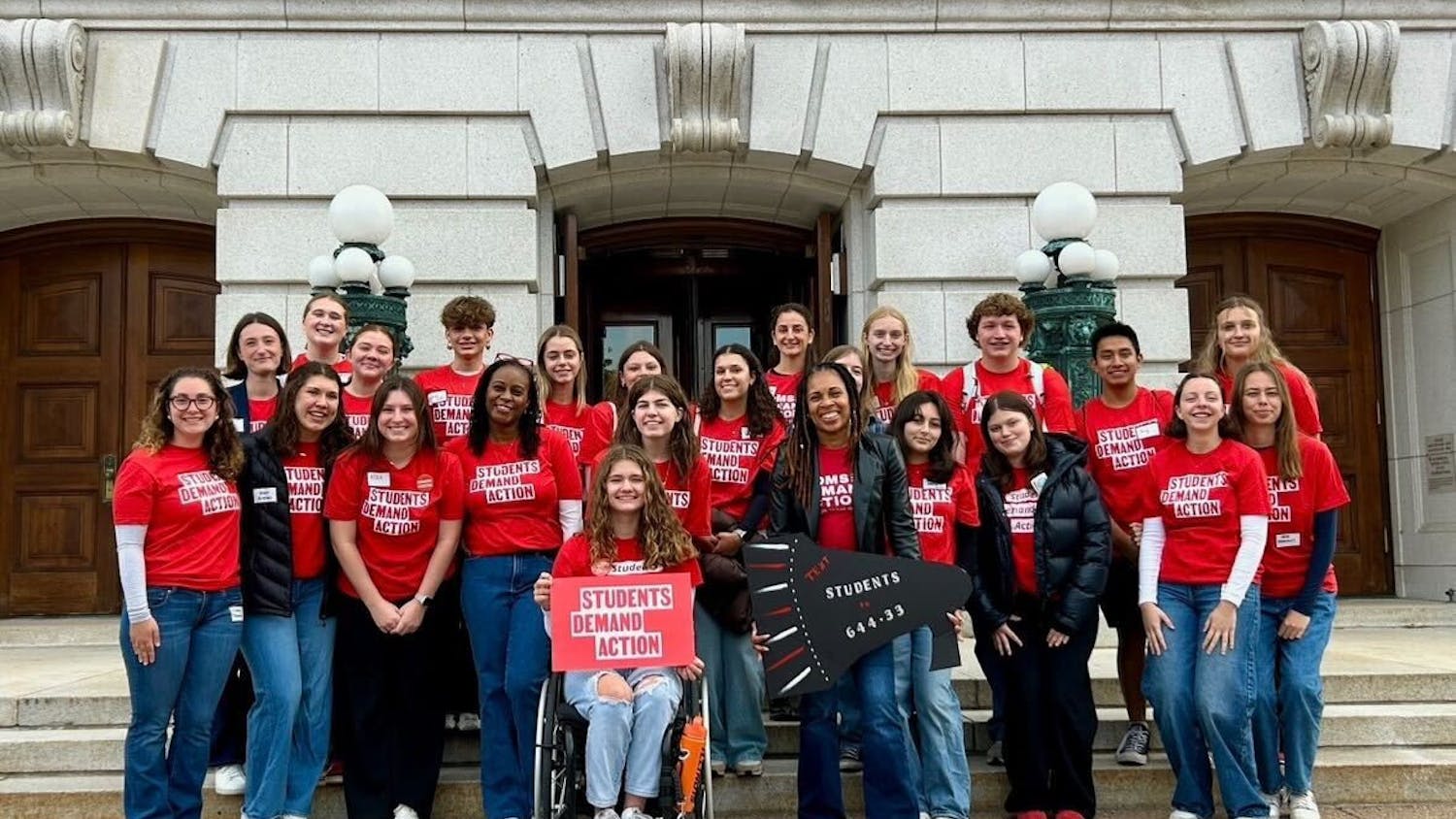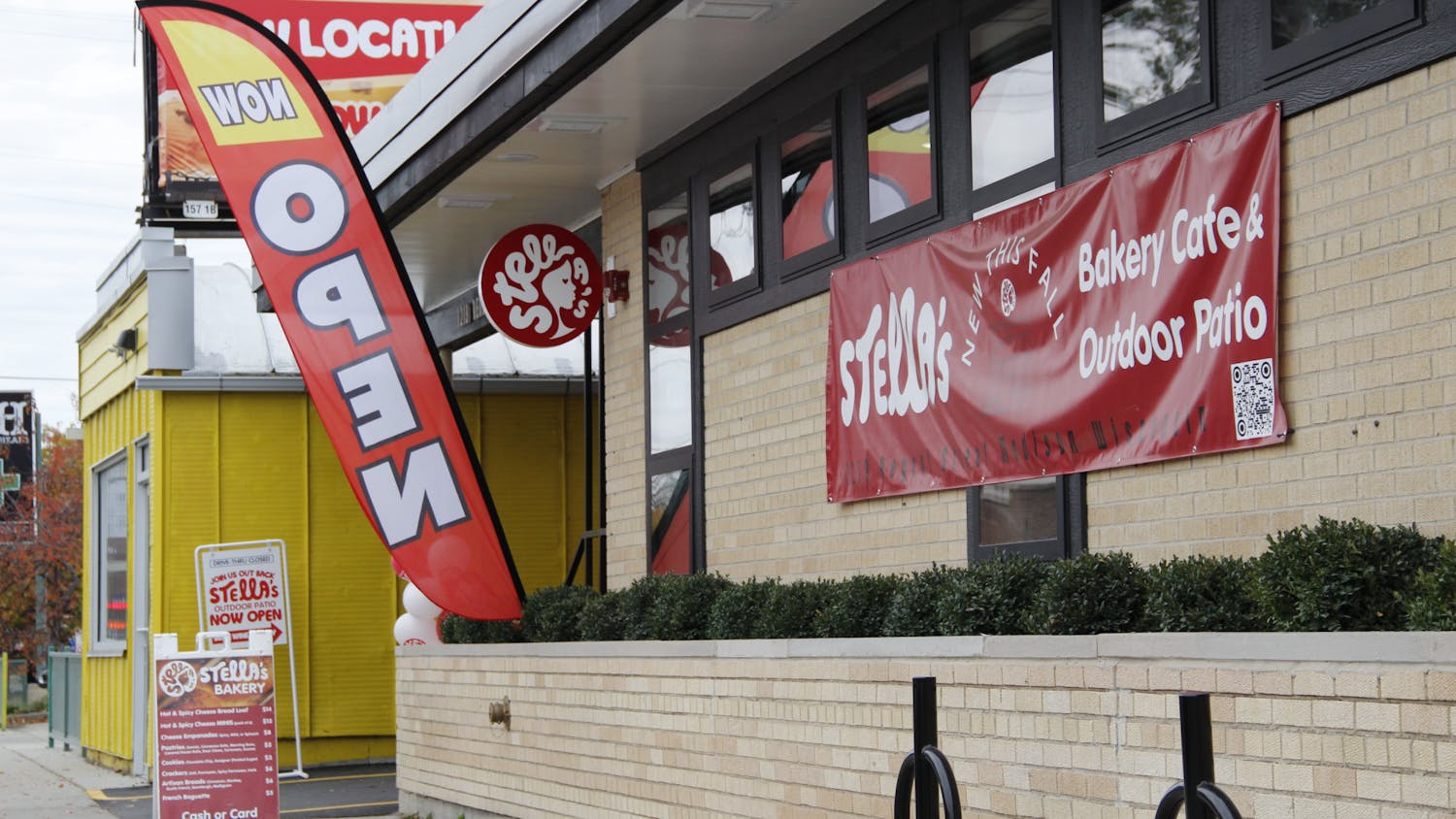UW-Madison stem-cell researcher and professor of anatomy James Thomson worried little about the funding for stem-cell research during President Bush's terms. He especially did not think it impacted the amount of people involved in stem-cell research.
""What was damaging, however, is the perception that it was highly controversial,"" Thomson said. ""The government [did not] fund it, so young people didn't tend to go into the field.""
Last March, President Obama removed the Bush-era restrictions on funding for embryonic stem-cell research. However, even with President Obama's actions, undergraduates may not pursue stem-cell research as actively as current scientists because of a lasting stigma associated with it.
The lower number of undergraduates involved in stem-cell research on campus, as compared to the number of graduate and postdoctoral students suggests some potential problems in the future for stem-cell research on campus.
UW-Madison graduate Ka Ling moved from Singapore four years ago, eager to research stem cells.
""I know my interests,"" Ling said. ""I want to work with embryonic stem cells in the future.""
Ling was among the handful of undergraduate students at UW-Madison that perform research in stem-cell laboratories.
""It's not easy being an undergraduate in lab, but I think it's great experience if you have any interest in science,"" Ling said.
Ling said the main factor contributing to the dwindling number of undergraduates in stem-cell research is a lack of opportunities.
She said any opposition to stem-cell research has not been significant enough to discourage her from research, nor does she think it discourages other undergraduate students too much.
""Maybe because we're students, we're younger so [opponents of the research] don't have such a strong resentment against us,"" she said. ""Madison has a really supportive environment for stem cells.""
Thomson, a world-renowned UW-Madison stem-cell scientist, on the other hand, said he believes undergraduate students on campus must change their negative perception of stem-cell research, as many current scientists have, to continue the expansion of the techniques.
Based on the number of scientists currently involved in stem-cell research, Thomson is confident that it will continue to improve.
""There's always a timeline for a new field,"" Thomson said. ""If you look at publications, there's just a huge number, a kind of exponential increase right now, both for our [embryonic] stem cells and the reprogrammed stem cells, so in spite of the politics, [stem cell research has] taken off that way.""
UW-Madison graduate student Justin Brumbaugh, who works in Thomson's research lab, believes undergraduates will continue to perform stem-cell research as long as they are properly educated on the procedures.
""One thing that's important is getting people to understand what stem-cell research is,"" Brumbaugh said. ""We establish stem-cell lines, so it is not [the case that] every time we do an experiment an embryo has to be destroyed.""
Some professors at UW-Madison view the lifting of the restrictions as a precursor to a progressive future for stem-cell research.
UW-Madison professor of law and bioethics Alta Charo said scientists of every age will be changing their attitudes on stem-cell research, according to a March 2009 article in the Wisconsin State Journal.
UW-Madison professor of anatomy and neurology Clive Svendsen said it will take more than expanded funding to strengthen the future of stem-cell research.
Svendsen, who teaches a stem-cell seminar open only to graduate students and select senior undergraduate students, hopes to see the stem-cell curriculum expand to include all undergraduates in the future. Out of the eight stem-cell courses offered this spring, only one class is open to all undergraduate students.
Although Svendsen said he would like to open an undergraduate section of the course, the complexities of stem-cell research may be too rigorous for some younger students. According to Svendsen, if the university offered a course on at least the fundamentals of stem-cell research, it would be enough to spark interest in undergraduates.
Svendsen said Obama's recent support of stem cells may alter students' opinions because students formerly opposed to stem-cell research will be more open to it, according to the State Journal article.
Organizations on campus like WiCell are working to involve the younger generation in stem-cell research. WiCell, a non-profit research institute, offers a summer camp for high school students to give them early exposure to maintaining stem cells and coaxing them to grow into specialized cells.
""There's a tremendous response [to the camp], both in applications and in the feedback,"" Brumbaugh said. ""WiCell does a great job with it and everyone is really pleased.""
Ling said she believes there is still room for growth in undergraduate involvement in stem-cell research, and in order for that to occur, students should guide other students in finding lab opportunities.
""I guess there are tons of undergraduates interested in research but the problem is they are not sure where to start,"" Ling said, adding that the best way to get them started is to teach undergraduates how to approach professors about research opportunities.
""It's kind of complex why a scientist chooses a particular area of research,"" Thomson said. ""It has to do with your outlook on things, which I think is cool, and part of that is wanting to do something that's relevant to real medicine, and [stem-cell research] satisfies that, but I think at the end of the day, most scientists are more interested in understanding things.""





